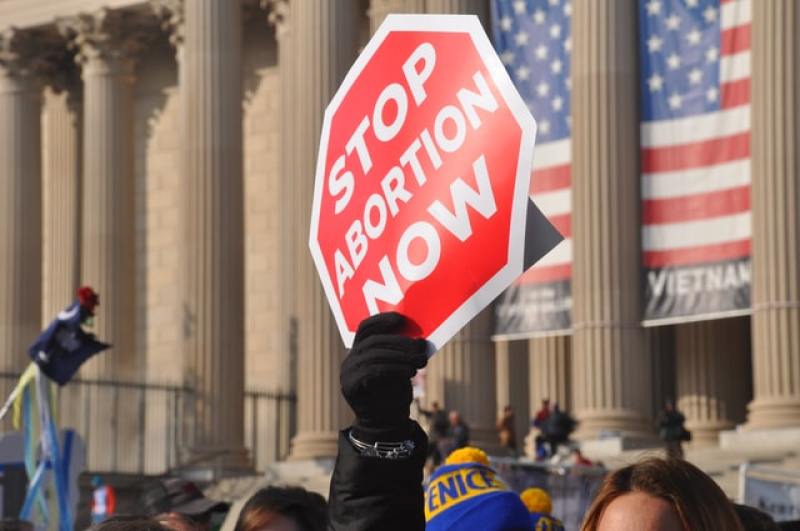
Texas abortion providers have called upon the U.S. Supreme Court to expedite its review on a challenge against the newly implemented fetal heartbeat law, one of the strictest in the entire country. It is yet unclear if the Supreme Court will heed their call to review the case "Whole Woman's Health v. Jackson," justices have previously allowed the law to prevail even while litigations were ongoing.
According to Fox News, the Texas Heartbeat Act is one of the strictest abortion measures in the country, banning abortions as early as six weeks into a pregnancy, a period during which most women are even unaware that they are with child. Texas abortion rights groups requested oral arguments to take place in December, about the same time the Supreme Court is set a hear a Mississippi case banning most abortions after the 15th week of pregnancy.
Defendants are given until October 28 to provide a written brief outlining their views. The justices will then gather in a closed-door conference and determine whether or not they will conduct a review and include it in their docket, and whether this must be fast-tracked. The justices are also set to decide whether oral arguments will be heard regarding the case in December, as the abortion providers wished. Texas abortion providers claim that it is a time-sensitive issue as women are being denied abortions due to the newly implemented fetal heartbeat law.
Meanwhile, Texas abortion providers are facing a crisis in the state where the fetal heartbeat law has taken effect. According to Reuters, abortion clinics in Texas have seen a 70% decline in patients getting abortions at Whole Woman's Health clinics.
Pregnant women seeking an abortion are now looking to other options, such as traveling out-of-state to access abortion services elsewhere, where there is no fetal heartbeat law such as the one in Texas, which also empowers private citizens to enforce it. Other women opt to order abortion-inducing pills through mail.
Meanwhile, Texas' "crisis pregnancy centers," which are Christian-based facilities that encourage women to not have abortions have seen a surge in visits since September 1, the day the Texas heartbeat law took effect. There has also been a spike in women seeking ultrasounds earlier in their pregnancies.
In Greenville, the Raffa pregnancy clinic saw a 166% increase in ultrasounds during the first three weeks of September compared to the same period last year, executive director Threesa Sadler, who supports the Texas fetal heartbeat law, revealed. Sadler added that two women whose scans showed a fetal heartbeat were those who she thought may have gotten an abortion if the law had not taken effect on September 1.
"Beyond helping decrease abortion in Texas, I don't know if it was an intended consequence that the law would also push more women to (crisis) pregnancy centers, but I love that that's what's happening," Sadler said. Meanwhile, neighboring states to Texas such as Oklahoma and Louisiana have seen a surge in demand for abortions, thereby lengthening the wait times to get the procedure.
























